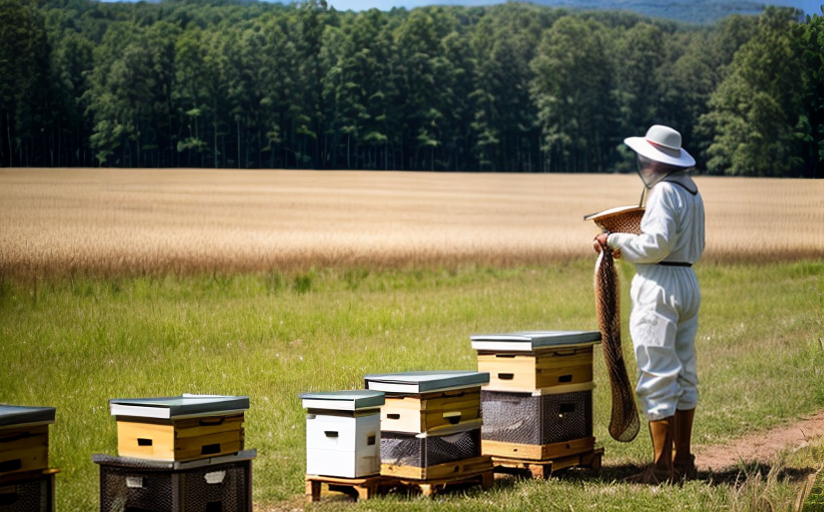The Impacts of Technology on Beekeeping: A Revolution in the Hive
Over the past decades, technology has deeply permeated various sectors, redefining traditional systems. An unlikely subject of this technological wave is the ancient practice of beekeeping. This progressively modernised industry now leverages a wide array of sophisticated tools to optimise honey production and boost bee health. However, the incorporation of these technologies into beekeeping heralds both potential benefits and pitfalls for beekeepers and their buzzing friends.
Harnessing Technology in the Beekeeping Industry
From tracking bee behaviour through GPS to using infrared cameras to analyse hive health, technology has created an arsenal of tools targeting optimal hive maintenance and honey production.
1. Hive Monitoring Technologies
The advent of electronic hive scales and remote hive monitoring systems, for instance, allows beekeepers to monitor hive weight, temperature, and activity remotely, reducing the need for intrusive inspection procedures. A study by Bencsik et al., 2015, demonstrated how these technologies can aid in the early detection and mitigation of certain hive issues, such as swarming.
2. Bee-Tracking Technologies
With technologies such as Radio Frequency Identification (RFID) and GPS tracking, beekeepers can now track bees' movement patterns, providing valuable insights into their health and well-being.
Potential Impacts of Technology on Beekeeping
Much like a coin, the integration of technology in beekeeping presents two faces; a pros and cons scenario.
Benefits
Technologies in beekeeping present beekeepers with a plethora of benefits, predominantly enabling beekeepers to better monitor hive health and boost honey production. Furthermore, these technologies are helping to mitigate the global decline of bee populations by supporting early detection and prevention of diseases and pests.
The Flipside
Despite their benefits, these advancements are not without potential drawbacks. Some technologies could inadvertently harm bees if not used correctly. For instance, improper use of pesticide detection devices could lead to excessive pesticide use, damaging bee health.
The Future of Beekeeping
Undeniably, technology will continue to influence the future of beekeeping, shaping trends and practices. The growing focus on artificial intelligence (AI) and machine learning could further automate and optimize beekeeping practices. However, this age of 'digital beekeeping' also raises concerns about increased technological dependencies and potential disconnect from traditional beekeeping methods.
Conclusion
As technology becomes increasingly integral to the beekeeping industry, it is crucial to strike a balance between embracing these advancements and preserving traditional methods. It is the responsibility of the beekeepers to harness and navigate these technologies in a manner that emphasizes improved bee health and sustainable honey production.


















Comments
Leave a Comment